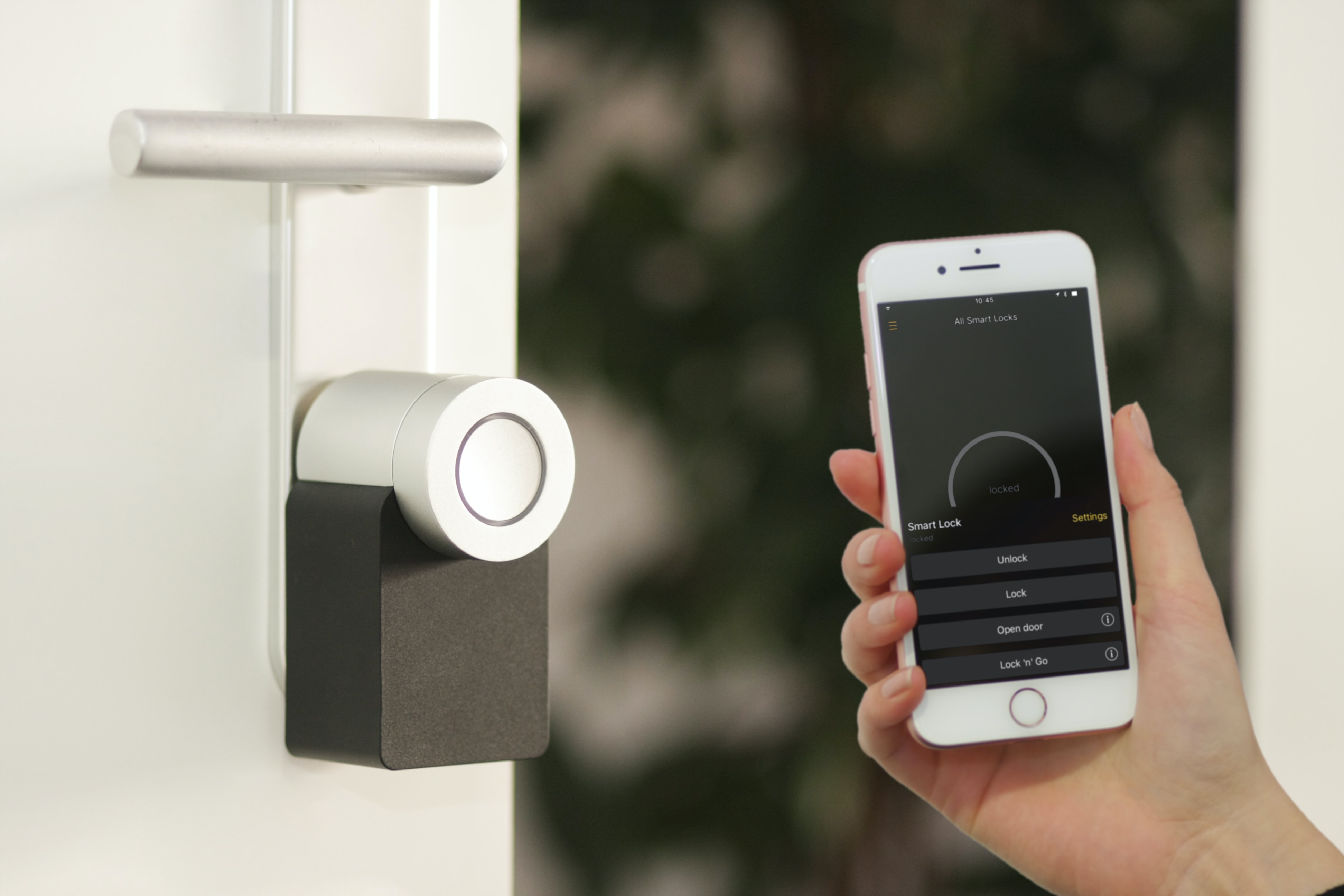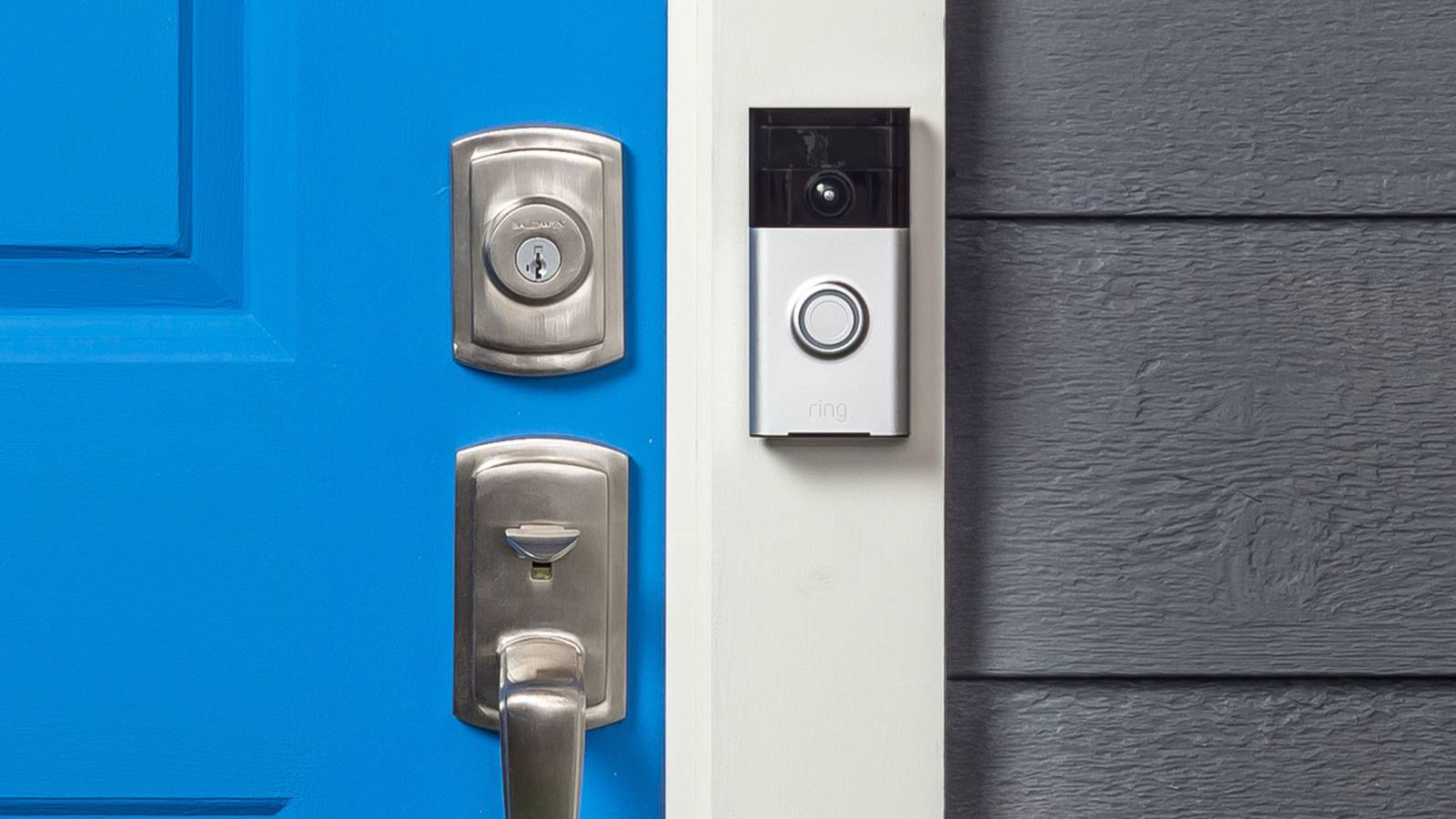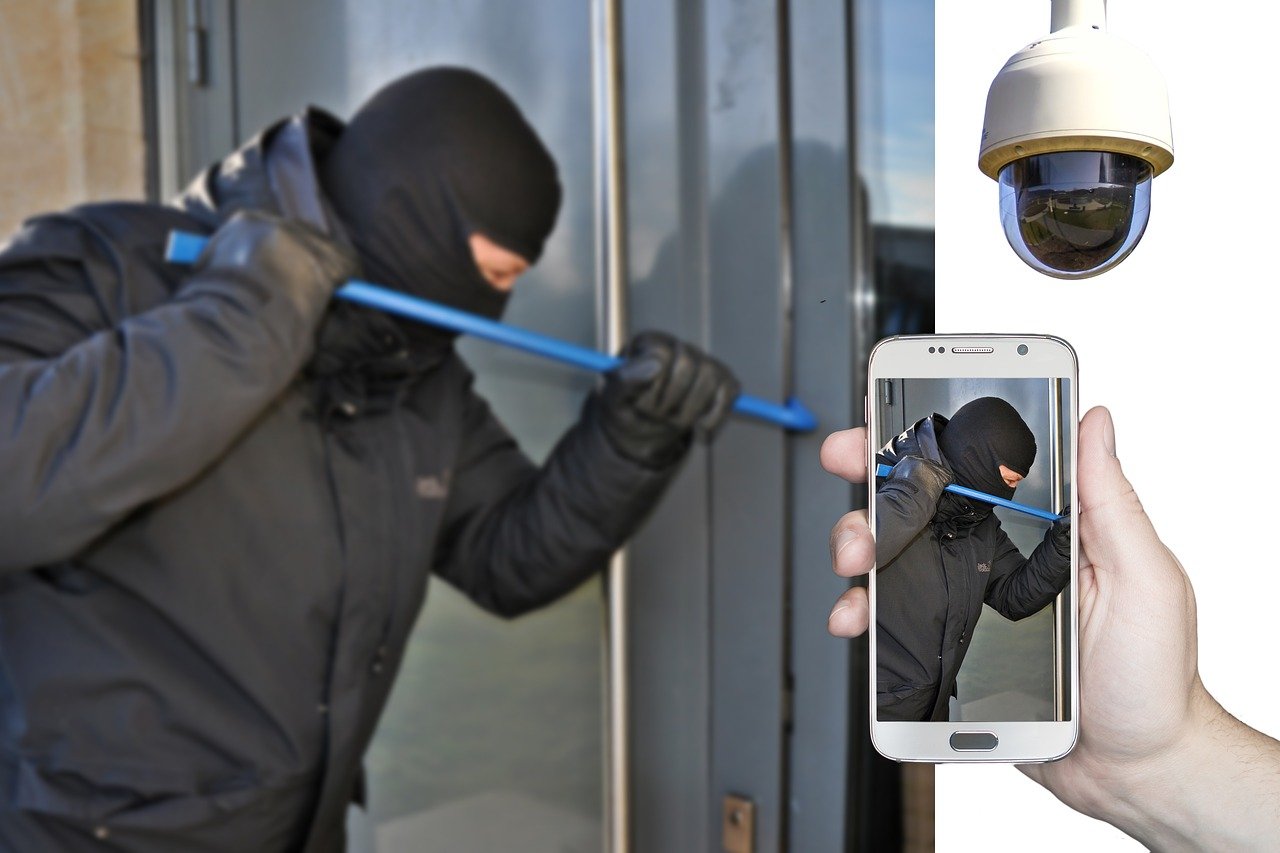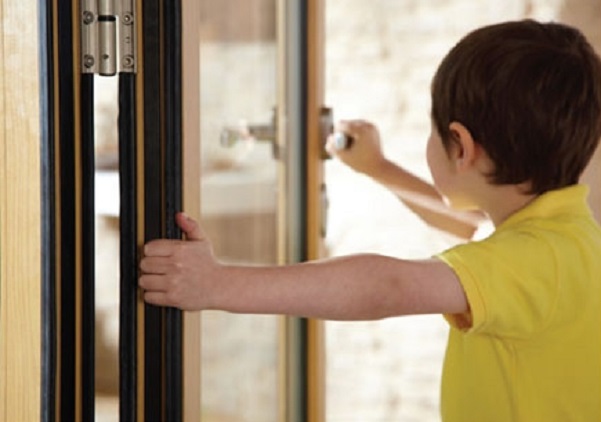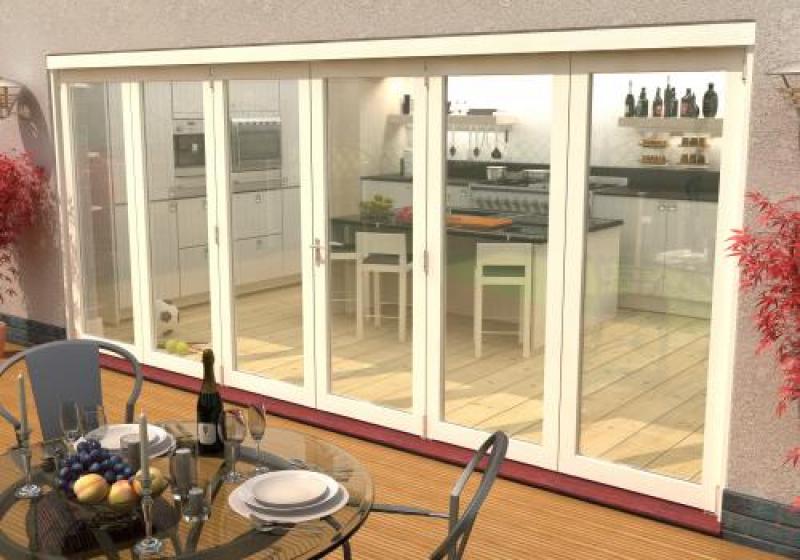Express Doors Direct ▸ Blog ▸ Are Smart Door Locks Safe?
Smart door locks are growing in popularity as households find innovative ways to get more connected and improve their comfort, security and convenience. But can we trust this new technology when compared to the tried and true? In 76% of burglaries, criminals gain access through a door. So your choice of door lock can have lasting implications for your home’s security.
The Internet of Things and smart home technology is all around the us. Look around your living room and you’re likely to see a host of interconnected online devices. You’ll see smart speakers, smart light bulbs, and even a smart refrigerator or thermostat. They are the key to smart home integration, enabling households to control their heating, lighting and even their home entertainment from their smartphones. Indeed, it can seem as though smart technology is invading our homes these days. But could it also provide the key to preventing less savoury elements from entering our homes?
At Express Doors Direct, we’re often asked our opinion on smart locks, and how their safety and security stacks up against their more conventional counterparts. With that in mind, we’d like to help you make an informed decision with our impartial guide to smart locks in 2022.
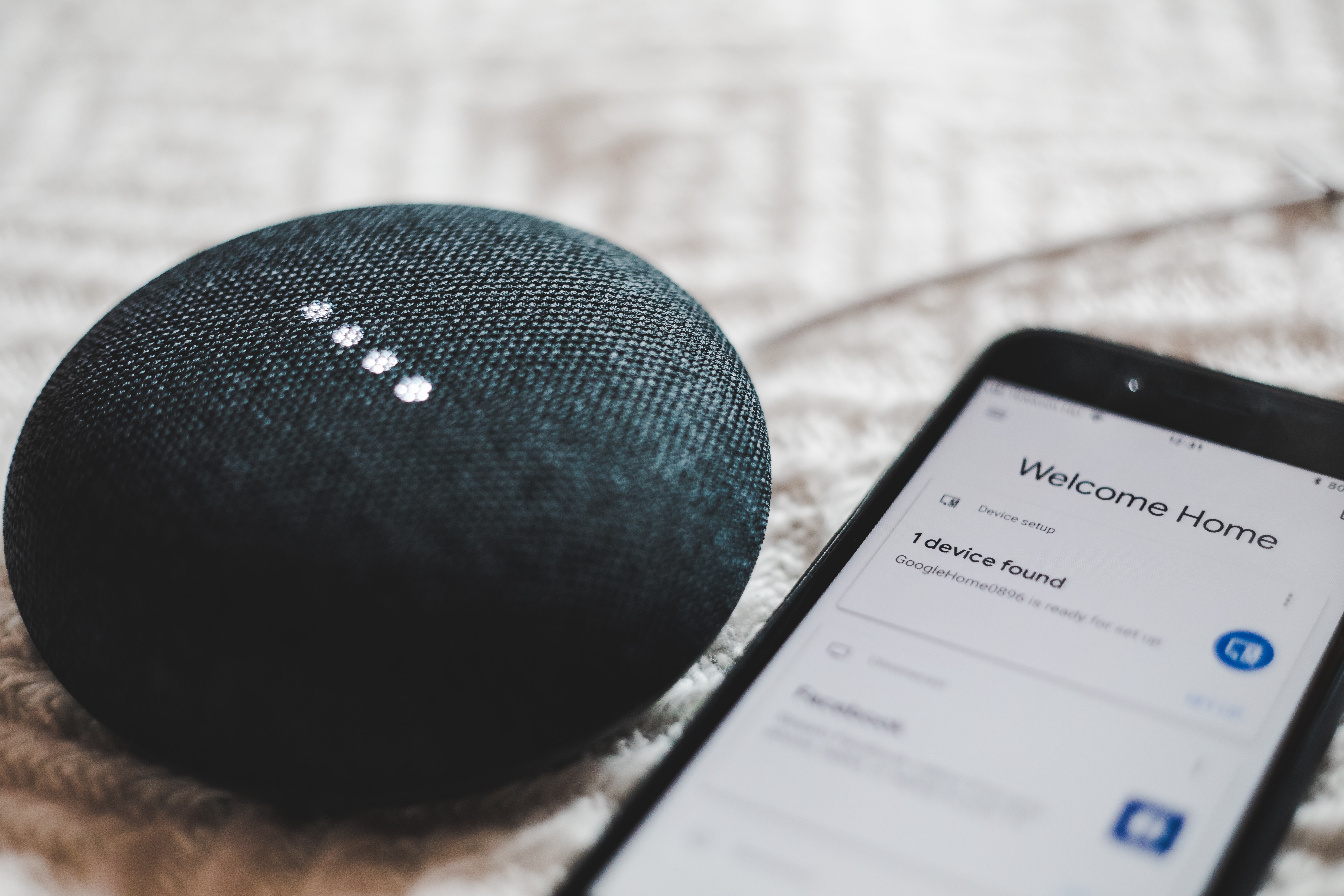
What is a Smart Door Lock?
Let’s start at the beginning. What is a smart lock, and what does it do?
A smart door lock offers keyless entry to your home. Some models can be integrated into your existing lock, while others are self-contained units that replace your lock. As well as granting keyless entry to your home on-site, some smart locks enable users to open their doors remotely. This is handy if you want to let someone into the home while you’re not there. Traders, cleaners or even just the kids after they get back from school. All can be granted access to your home from your smartphone, no matter where you are. Some even keep a log of everyone who has gained entry into the home and at what time.
How Smart Locks Work
Smart locks offer keyless access to your home in different ways.
PIN Pads:
Some use a numeric PIN pad that enables you to access your home by entering a 4-digit key code. Others allow access via a tag, card or fob. A growing number of smart locks are smartphone connected, enabling you to gain access by swiping your phone near the lock, just as though you were making a contactless payment. Alternatively, others grant access by pressing a button on the companion app.
Bluetooth:
Some locks don’t even require you to take your phone out of your pocket. They track your location and use Bluetooth to unlock your front door as you approach for greater convenience. If this feels a little too uncanny for your tastes, some models will also allow you to manually turn the lock like a doorknob to lock and unlock.
Some smart locks also have a night-time mode that automatically locks your home overnight, disabling any auto-unlocking settings for extra security.
Many smart locks are compatible with a smart speaker or home device like Alexa, Apple Homekit and Google Assistant.
What if I don’t have my phone?
Of course, many smart locks are contingent upon you having your smartphone to hand as you enter and leave your home. But what if you lose your phone, it gets damaged, or simply runs out of battery? Don’t worry, you won’t be locked out of your house in this eventuality. You will usually be issued with a physical key, card or fob, although these may be sold separately with some models.
Many smart locks work with your existing deadbolt so you can access this in the traditional way if necessary.
You can also grant access to other members of your household who can let you into your home remotely if you don’t have access to your smartphone.
Can smart door locks be hacked?
It’s important to remember that no door lock, smart or manual, is without vulnerabilities. And just as a manual lock can be picked, so too can a smart door lock be hacked, or the lock simply removed manually. Locks that rely exclusively on Bluetooth technology to operate can be hacked via device spoofing and other nefarious means. Smart locks that use a combination of Bluetooth and Wi-Fi, however, have an additional layer of security. Some are able to lock automatically or send a notification to the user when the lock’s knock sensor is triggered.
How to keep your smart lock safe
A user’s complacency creates opportunities for burglars. So it’s important to be proactive in keeping your smart lock safe and as secure as possible. Fortunately, there are a number of ways in which households can do this.
These include:
- Updating your smart lock’s password or PIN code regularly
- Not sharing your smart lock password or code with anyone outside of your household
- Changing your password or passcode immediately after sharing it with anyone who isn’t a member of your household (e.g. cleaners, builders, gardeners etc.)
- Updating companion mobile apps linked to your smart door locks as soon as new updates are available
So, are smart locks safer than regular locks?
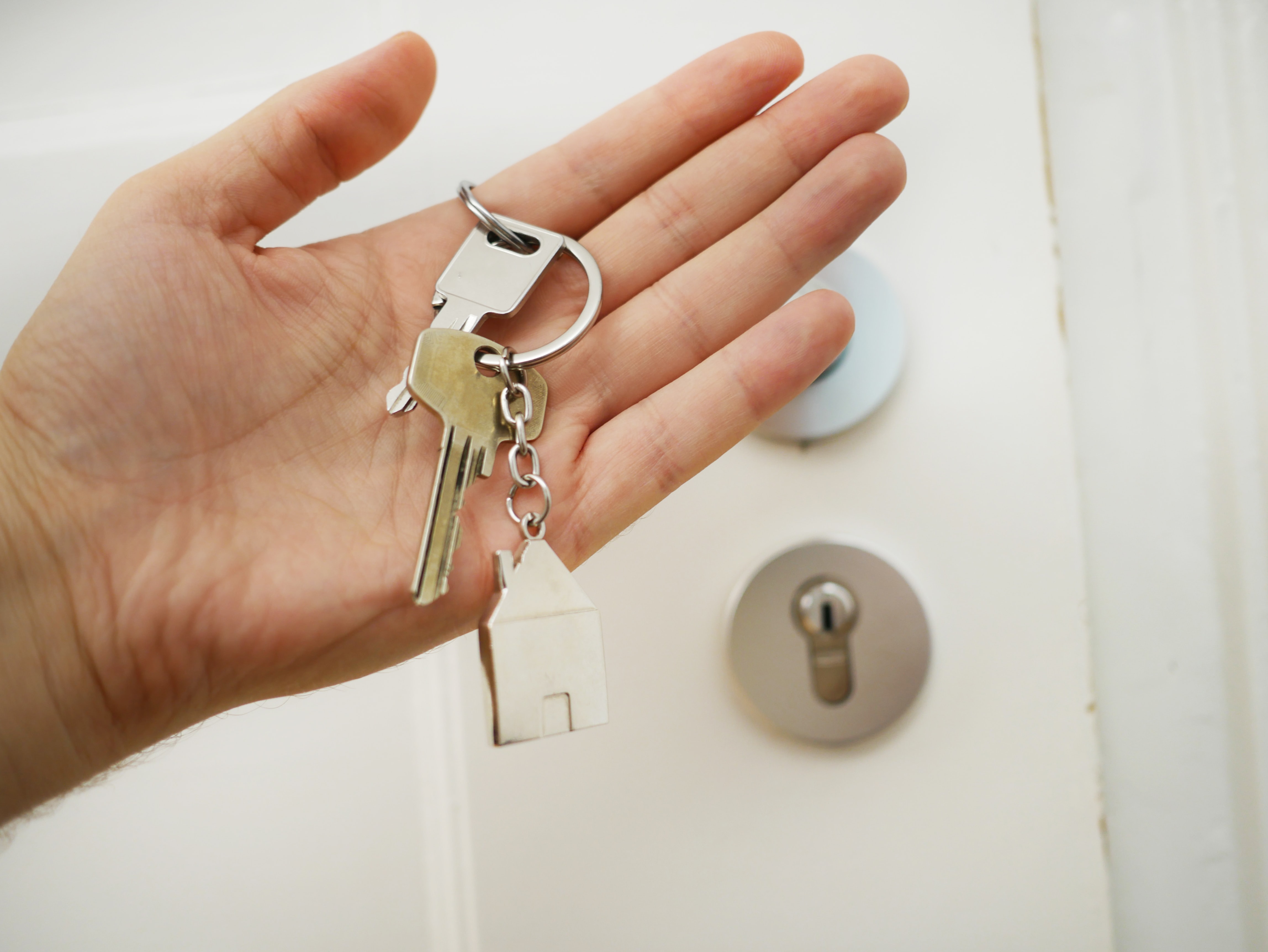
As we can see, a new smart lock can bring with it a great deal of convenience. You need never again worry about losing your keys, or frantically drive home from work to let the kids into your home after school. But does this convenience come at the expense of your home’s security?
Just how well do smart locks compare to regular locks in terms of safety and security?
It’s important to note that both traditional and smart locks have their vulnerabilities, including user error. For instance, while a smart lock can be hacked by a determined and capable cybercriminal, this represents far less vulnerability than, say, accidentally leaving your keys in the door after a busy day or leaving a spare key under the doormat.
The advantageous thing about smart locks is that they allow you to grant access to family and visitors to your home without having to leave keys in locations that can be exploited. With a few taps of your smartphone’s screen, you can lock and unlock your home from work, or even from overseas.
The truth is that an experienced, skilled and determined burglar can find a way to bypass either a smart lock or a conventional lock. However, anti-snap and anti-pick locks represent more of a deterrent.
Statistically, most burglaries are crimes of opportunity. A burglar may see an opportunity to force a manual door lock or exploit a key left in an obvious place, but they’re statistically less likely to hack a smart lock (an act that takes time and expertise).
All things considered, how secure are digital door locks?
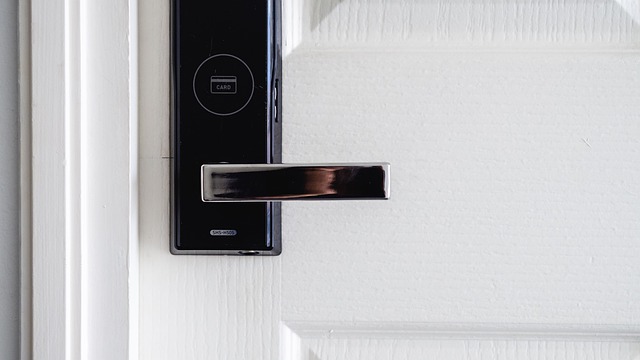
Given everything we’ve looked at above, can we say that a digital door lock is a secure solution for your home? The answer is a firm yes, albeit with some caveats. When used and installed properly and with proper precautions taken, a smart lock can be at least as secure as good-quality traditional locks.
However, while all locks have a degree of risks, those of a smart lock is altogether different to those of a traditional lock.
In order to make an informed decision, it’s worth taking a look at the inherent advantages and disadvantages of smart locks from security, practical and financial perspectives.
The advantages of smart locks
Like all IoT technology, smart locks have some exciting implications for a household’s convenience and connectivity.
Some of the advantages of smart locks are as follows:
- You’ll never need to worry about losing your keys
- You won’t need to compromise your home’s security by leaving keys for visitors in locations where burglars can get to them
- You can provide remote access to your home for others no matter where you are
- Even if your phone is lost, damaged or out of battery power, there are alternative ways to gain entrance to your home
- Many can integrate with other smart home security solutions like security cameras and smart doorbells
- The discreet high-tech appearance of a smart lock may be a deterrent for opportunistic thieves. Indeed, many don’t even present themselves on the outside of the door
- There’s a huge number of makes and models to choose from, allowing you to find the right balance between security, affordability and convenience for your household
The disadvantages of smart locks
As we can see, there’s a lot to love about smart locks. But before you rush to buy one, take a moment to consider the potential disadvantages. These include:
- Cost. Smart locks cost at least £100, with most ranging between £200 and £300. And that’s before we get into the cost of installing smart locks
- Loss or theft of your smartphone can bring security vulnerabilities
- Many people don’t like to be too reliant on their electronic devices, and a smart lock may render them too reliant on their smartphones
- A loss of battery power or WiFi outage could negate the convenience of having a smart lock installed
- Smart locks can be hacked by tech-savvy criminals as well as being forcefully removed or broken
Is a smart lock the right choice for my home?

This is a decision that only you can answer. Whether it’s for your home or investment property (e.g. Air BnB), you need to weigh the potential benefits with the potential vulnerabilities in order to provide the best solution for your front door and your home.
Many will see smart locks as the next step in the evolution of home security, while others will see no need to reinvent the wheel.
Whichever lock you choose, we can help you find the right secure and fire-safe external door for your home at Express Doors Direct.
Related Posts:









Shop bestsellers and see what's new in at expressdoorsdirect.co.uk/internal-french-doors



Make a note of these if you're planning on placing an order or contacting our team in the next few days.
Shop online at expressdoorsdirect.co.uk as usual and we'll pick everything up when we get back. Thanks!




















































